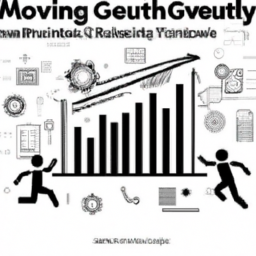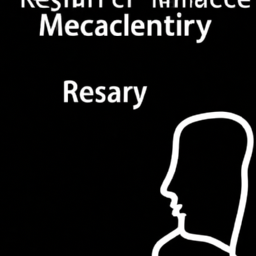NLRB: Unfair Labor Practice Charges, Union Representation Petitions on the Rise
The National Labor Relations Board (NLRB) recently reported a surge in the filing of unfair labor practice charges and union representation petitions, with a notable increase from FY 2022.
The NLRB, which helps enforce the National Labor Relations Act (NLRA), is charged with protecting the rights of employers, employees, and unions and providing dispute resolution services. As of March 2021, the NLRB reported a 42% increase in unfair labor practice charges, as well as a 24% increase in union representation petitions.
Unfair labor practices (ULPs) are illegal acts committed by employers and/or labor unions against employees or other employers within their bargaining unit. Examples of ULPs include discharge or discrimination based on union membership or activity, interfering with the formation of a union, and refusing to bargain in good faith. Unions can also be charged with unfair labor practices, such as refusal to process the grievances of employees and failure to honor a collective bargaining agreement.
Much of the recent surge in ULP charges and representation petitions is attributed to the COVID-19 pandemic and the upheaval it has caused in the workplace. As businesses scramble to adjust to the pandemic, workers are feeling vulnerable and looking for ways to protect their interests and job security. This has led to greater organizing efforts among unions, as well as an increase in the filing of ULP charges against employers and unions.
The increased activity reported by the NLRB also builds off record momentum seen in FY 2022, when the NLRB saw a 56% increase in ULP charges filed and a 33% increase in union representation petitions. This is a significant jump from 2018, when the NLRB saw just a 14% increase in ULP charges and 10% increase in representation petitions
The NLRB’s decision to settle or decide a ULP charge hinges on the “likelihood of success” and whether the alleged activity was intentional or in bad faith. While the NLRB is able to assess whether a ULP charge is valid or not, it cannot compel an employer or union to acquiesce to a settlement or resolution to the ULP charge. Rather, it is up to the parties involved to decide on the fate of the charge.
Employers and unions are encouraged to seek counseling and advice from legal professionals to properly navigate any potential ULP issues. This can help employers and unions understand the gravity of a charge and the potential outcomes of an NLRB investigation. Additionally, employers and unions should take proactive steps to avoid unfair labor practice problems, such as by implementing sound policies and practices, providing regular training, and engaging in good-faith negotiations with labor unions.
For HR professionals, the increase in ULP charges and representation petitions serves as an important reminder of the need to be compliant with labor laws and regulations. HR pros should make sure their business is prepared to handle any potential issues or disputes that may arise, as the NLRB is always looking to ensure fair play within the workplace. Additionally, it is important to keep up to date on any changes to the NLRA, including any recent amendments to the statute.
Overall, the recent surge in ULP charges and union representation petitions reported by the NLRB signals an increased focus on labor laws and regulations. Employers and unions should familiarize themselves with the NLRA and its various provisions, as well as consult legal professionals to ensure compliance. HR professionals should also stay abreast of any developments in the realm of labor laws and disputes to ensure their operations are compliant and to better equip their businesses for any potential issues.



